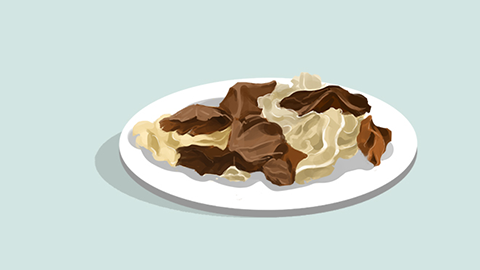Can leftover food really not be eaten the next day? What is the reason?
Leftover food is not necessarily completely inedible, but it is generally not recommended for consumption because it may present problems such as bacterial growth, increased nitrite levels, nutrient loss, deteriorated taste, and potential gastrointestinal discomfort. If any abnormalities occur, prompt medical attention is advised. Detailed explanations are as follows:

1. Bacterial growth: During storage, if improperly preserved, leftover food can easily breed bacteria, especially dishes with high protein content, where bacteria multiply more rapidly, potentially leading to food poisoning.
2. Increased nitrite content: Certain vegetables, such as spinach and celery, contain high levels of nitrates. After being stored overnight, nitrates may be converted into nitrites by bacteria. Long-term consumption might be detrimental to health.
3. Nutrient loss: During storage, water-soluble vitamins like vitamin C may be lost, resulting in reduced nutritional value. Extended heating and storage can also damage certain nutrients.
4. Deteriorated taste: Prolonged storage alters the texture and flavor of leftover food—for example, vegetables may become soft and soggy, and soups may turn cloudy, negatively affecting the eating experience.
5. Potential gastrointestinal discomfort: Bacteria and nitrites in leftover food may irritate the gastrointestinal tract, especially for individuals with weaker digestive systems, potentially causing symptoms such as abdominal pain and diarrhea.
When handling leftovers, ensure the food is thoroughly reheated to a core temperature above 70°C to kill most bacteria. Additionally, try to minimize the storage time of leftovers, ideally consuming them within 24 hours.










